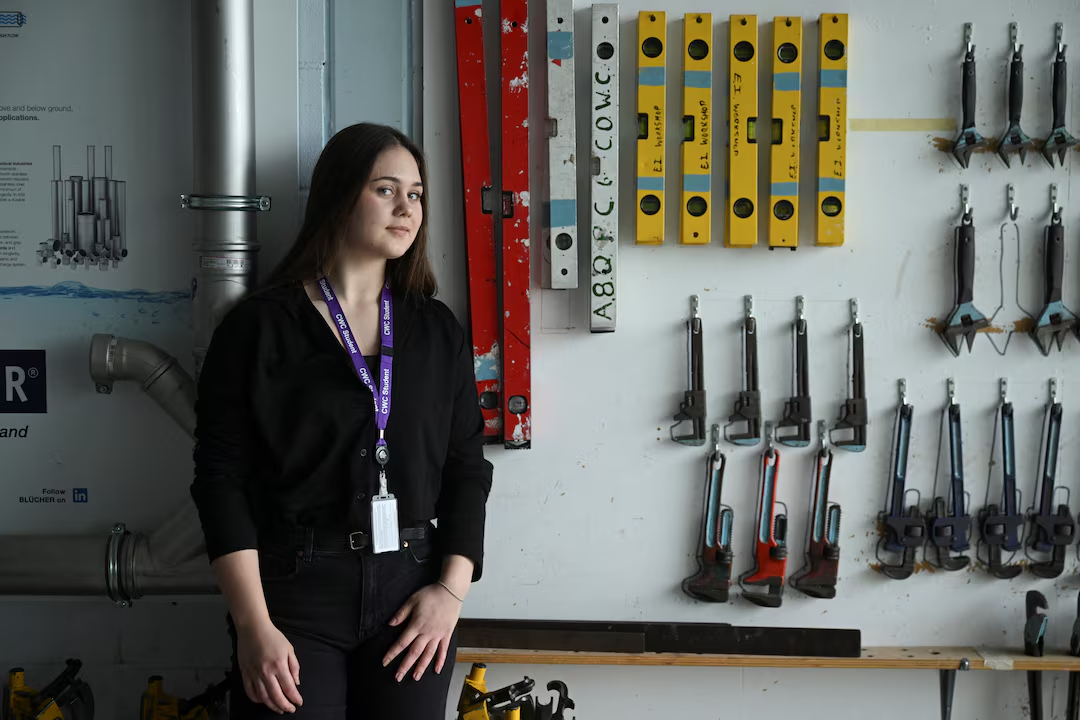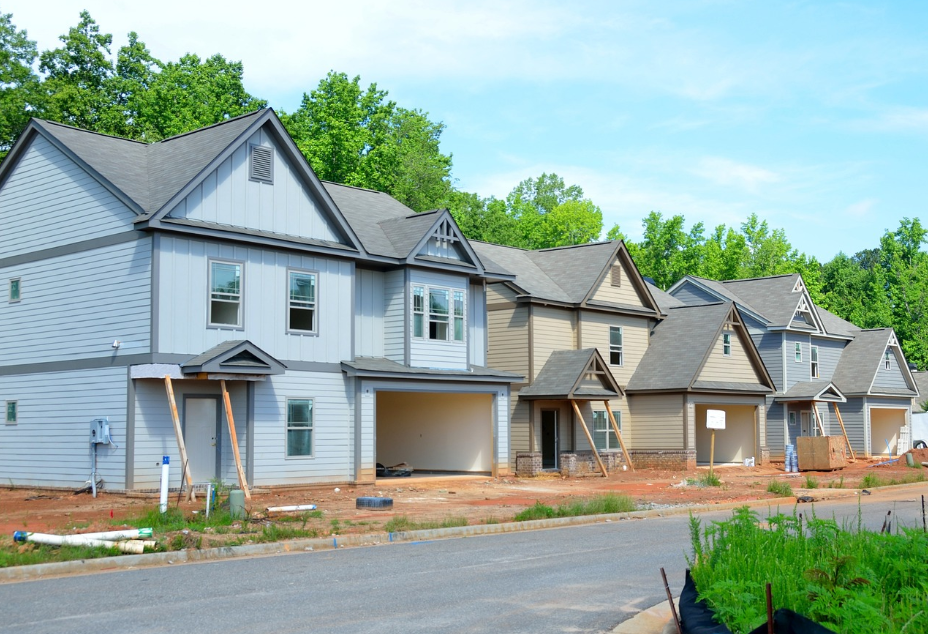Generational wealth refers to assets that are passed down from one generation to another. Typically, generational wealth includes things like money, property, stocks, and businesses. As parents age and pass on, they leave these assets to their children and grandchildren. Over time, these inherited assets accumulate and build upon themselves, creating wealth that continues to grow across generations.
Generational wealth is built over long periods of time through investments, savings, and the accumulation of assets. For many families, a home is one of the largest assets and a cornerstone of building generational wealth. As home values rise over decades of ownership, the equity in the home grows substantially, creating wealth that can be passed on to heirs.
Table of Contents
The Benefits Of Generational Wealth
There are significant benefits to building generational wealth for families. The most obvious benefit is financial security and stability for future generations. With wealth passed down from generation to generation, younger family members have a financial safety net and head start in life they can use to pay for things like college, start a business, make a down payment on a home, or invest for the future.
Generational wealth also perpetuates a cycle of opportunity. With financial security comes the ability to take more risks, get an education, start a business, or change careers. This opportunity, in turn, allows younger generations to continue building wealth and passing on an even larger inheritance to their own children and grandchildren.
The Role Of Housing In Building Generational Wealth
For most families, the family home plays an integral role in building generational wealth. There are a few reasons why this is the case:
- Home Values Appreciate Over Time
Historically, home values rise over the decades. As a home is passed down to younger generations, it is worth significantly more than the original purchase price. This appreciation accumulates and builds wealth.
- Homes Provide Tax-Advantaged Wealth
The capital gains on a home are not taxed if the home is used as a primary residence. This allows all the price appreciation to be passed on without being reduced by taxes. The step-up in basis when heirs inherit the home also allows them to avoid capital gains taxes.
- Home Equity Can Be Tapped
The equity in a home can be borrowed to pay for things like education, medical expenses, business opportunities, or other investments that themselves create wealth. Then, when the home is sold or passed on, the equity has a chance to be replenished.
- Homes Generate Rental Income
For investment properties, the rent collected over many years also contributes to building wealth. Expenses are often fixed but rents rise with inflation, allowing more cash flow and higher property values over time.
- Memories And Security
A family home also provides intangible benefits, like memories, security, and comfort. These emotional benefits are invaluable for families and often inspire children and grandchildren to keep homes in the family rather than sell them.
Strategies To Build Generational Wealth Through Housing
There are several effective strategies families can use to build generational wealth through housing:
- Buy And Hold For The Long Run
One of the simplest strategies is to buy a home and hold onto it for decades. Over long periods of time, the value of the home will likely appreciate substantially. The home can then be passed on to heirs, providing them with equity and wealth.
- Use Home Equity Strategically
Families can tap into home equity through things like cash-out refinances, home equity lines of credit, and reverse mortgages. The funds from the equity can then be used to pay for education, medical expenses, business investments, or real estate investments that generate further wealth.
- Invest In Rental Property
Buying rental property is an excellent way for families to generate wealth over generations. Rental income and property appreciation build equity which provides income and can be passed on to heirs. Families can start small with single-family homes or buy a multifamily rental property.
- Set Up A Living Trust
Creating a living trust to hold family homes and other assets is a smart way to provide for the seamless transfer of wealth to heirs. With a living trust, the home is held in the trust during life and then distribution of the trust assets is spelled out in the trust document. This avoids the lengthy probate process when property owners pass away.
- Gift Funds For Down Payments
One way for families to help younger members get started building wealth through housing is to gift funds for a down payment on a home. With the down payment, the heirs can purchase a home, start building equity, and benefit from appreciation over time. The family can also consider making the down payment a loan that is repaid when the home is sold.
- Pay For Home Maintenance And Repairs
For older family members still living in the family home, paying for expenses like maintenance, repairs, insurance, and property taxes is a simple way to help continue building equity and wealth in the home. The funds spent on these expenses maintain the home’s condition and value so it can eventually be passed on to the next generation.
To Wrap Up
Building generational wealth is challenging and takes time, but with the right financial planning and investment strategies, families can accumulate and pass on wealth through housing that provides security and opportunity for generations to come. Using the equity in a family home, making strategic purchases of investment properties, setting up trusts, and gifting funds to help younger members get started are all effective ways families build generational wealth through housing.












